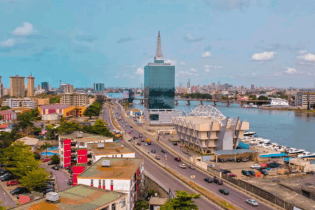Official registration of RTMS is underway and Directors have been identified.
CSIR will provide an intern to act as the secretariat for RTMS and the Smart Trucks programme. The secretariat, when in place, would send out a quarterly news bulletin. The existing Recommended Practices (ARPs), were being converted into South African Standards. Once SABS had finalized the process, then the auditors organization would manage them. The Standards then would be referred to in the Road Traffic Act and Regulations and would become law. The name RTMS was possibly not as applicable as it used to be. Consideration was given to changing the name and make it suitable for not only South Africa, but for the rest of the East and Southern African region. A sub-committee of 6 persons was formed, to come up with a new name. The new name would be agreed before registration of the company and before the Recommended Practices were converted to Standards. October was transport month in South Africa and the proposed RTMS workshop in Polokwane would be adjusted to accommodate this. The Road Freight Association (RFA) was offering free training to prospective transport operators. Its Starter Kit was the documentation used for the training. Forestry Some of the accredited transporters in this sector were losing interest in attending RTMS meetings. Once they had sourced smart trucks through the system, their motivation lessened. It was noted that the operation of smart trucks was dependant on the transporters’ ongoing compliance to the requirements of RTMS, and any lessening of compliance could lead to the withdrawal of the permits. InsuranceInsurance companies were being pro-active in providing additional benefits to RTMS-accredited companies. They saw the benefits of their clients being accredited.
Risk management would be a key marketing tool for RTMS, rather than overloading control. Smart trucks There were 8 transporters running 48 smart trucks. For 2012 to date, 8100 trips had been saved, in addition to the saving of thousands of tons of carbon dioxide emissions. Some of the design criteria used for smart trucks, was being used by trailer manufacturers in the design of legal trucks. Cross-Border FESARTA had made a recommendation to TradeMark Southern Africa (TMSA), to include the pilot on self-regulation on the North-South Corridor in its work plan on trade facilitation measures. It would also like to see the system in place on the Northern and other corridors. Auditing There was need for spot auditing of accredited companies. Sugar Since inception of RTMS, overloading has been reduced from around 36% to around 6%. The mills and the sugar committee had begun reporting on underloading, as reducing it would increase productivity. It was important to note that RTMS advocated productivity increases and not just overloading control. This could result in improvements to companies’ profitability. Barney Curtis.





